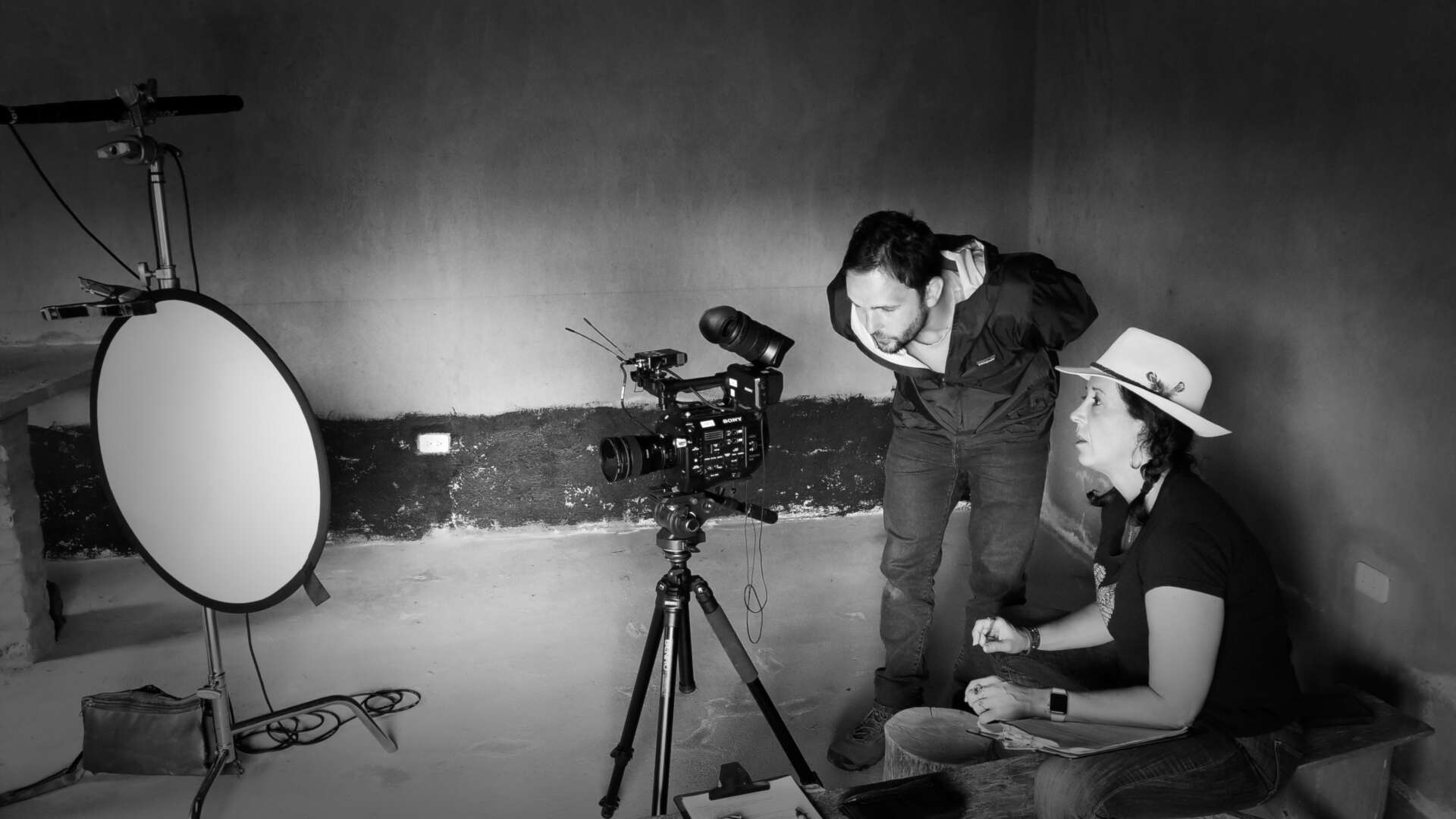We’re excited to introduce you to the always interesting and insightful Melissa Kirkendall. We hope you’ll enjoy our conversation with Melissa below.
Melissa, looking forward to hearing all of your stories today. Can you talk to us about a project that’s meant a lot to you?
In recent years I have been lucky enough to be able to pick projects, rather than just take what work is offered to me. One of the things I love about making film is it causes you to learn about all sorts of things you might not normally be interested in so to me they’ve all been meaningful to me in some way. However, the most meaningful film I have made is a short I directed and produced called “You are Me & I am You” about an indigenous midwife and healer in the high sierras of Ecuador who has dedicated her life to improving the lives of the people in her community – especially indigenous women whom she’s become an advocate for.
I decided to make this short documentary about Carmen Cumba after meeting her on my 1st trip to Ecuador in 2017 to research another project. I knew as soon as I met her that her story was one of importance, but it wasn’t until a year and a half later when I was given the devastating news that I had cancer that it became my mission and passion to tell her story.
Carmen’s story of struggle to be seen and heard is one that many women relate to and certainly indigenous people identify with. Both of those things initially drew me to her along with her deep knowledge and skill at natural child birth and ancestral medicine. However, when I found myself with cancer, my 1st thought was “I want to go see Carmen and have her treat me with plant medicine.” I was unable to do this for financial reasons and the doctors told me I needed to have surgery quickly to get rid of the cancer. I had to figure out some of my own natural ways to prepare myself as the western doctors only wanted to give me chemical solutions. It was a terrible experience that lacked compassion. In the end, after preparing my body for faster recovery through a clean diet and not the chemicals the doctors offered, I had the surgery. I am happy to report that the cancer is still gone.
After the surgery, I began working on Carmen’s story. In fact I applied for grants while recovering on narcotic pain killer. I was even awarded one! It was just so clear to me that someone needed to tell Carmen’s story and the story of her colleagues before their knowledge is lost. These women are practicing natural medicine and child birth in a compassionate and caring setting with almost no death occurrences or complications. Yet western medicine has been working hard to all but eliminate their proven methods. Their knowledge and use of natural medicine is so respected that Carmen and a small group of midwives have even been flown to Spain by the Red Cross to teach practitioners there what they know about ancestral medicine.
I feel like I can help these midwives as well as other women around the world by showing people their story. I want this short to help keep the conversation going about the positive effects of natural medicine and also dispel current incorrect fears about midwifery. Really, if you think about it, midwifery is the oldest medical practice in the history of humankind, so shouldn’t we keep it around and fairly compensate those who practice it?
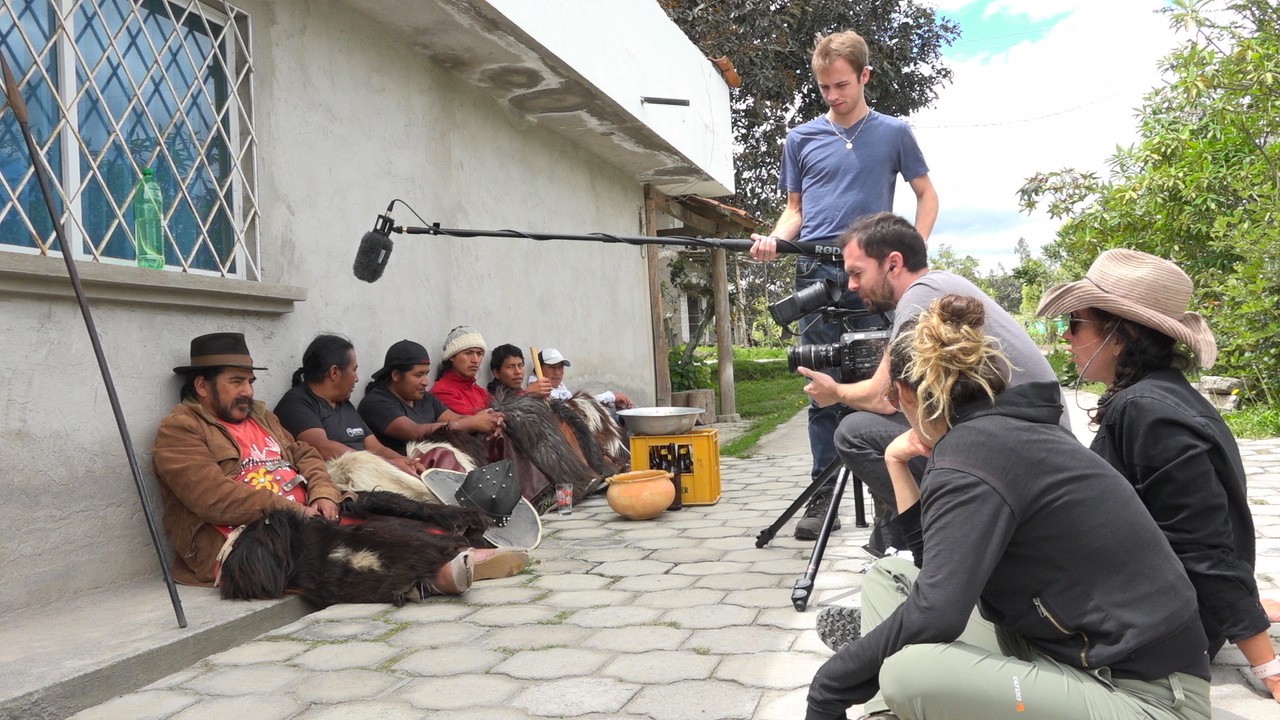
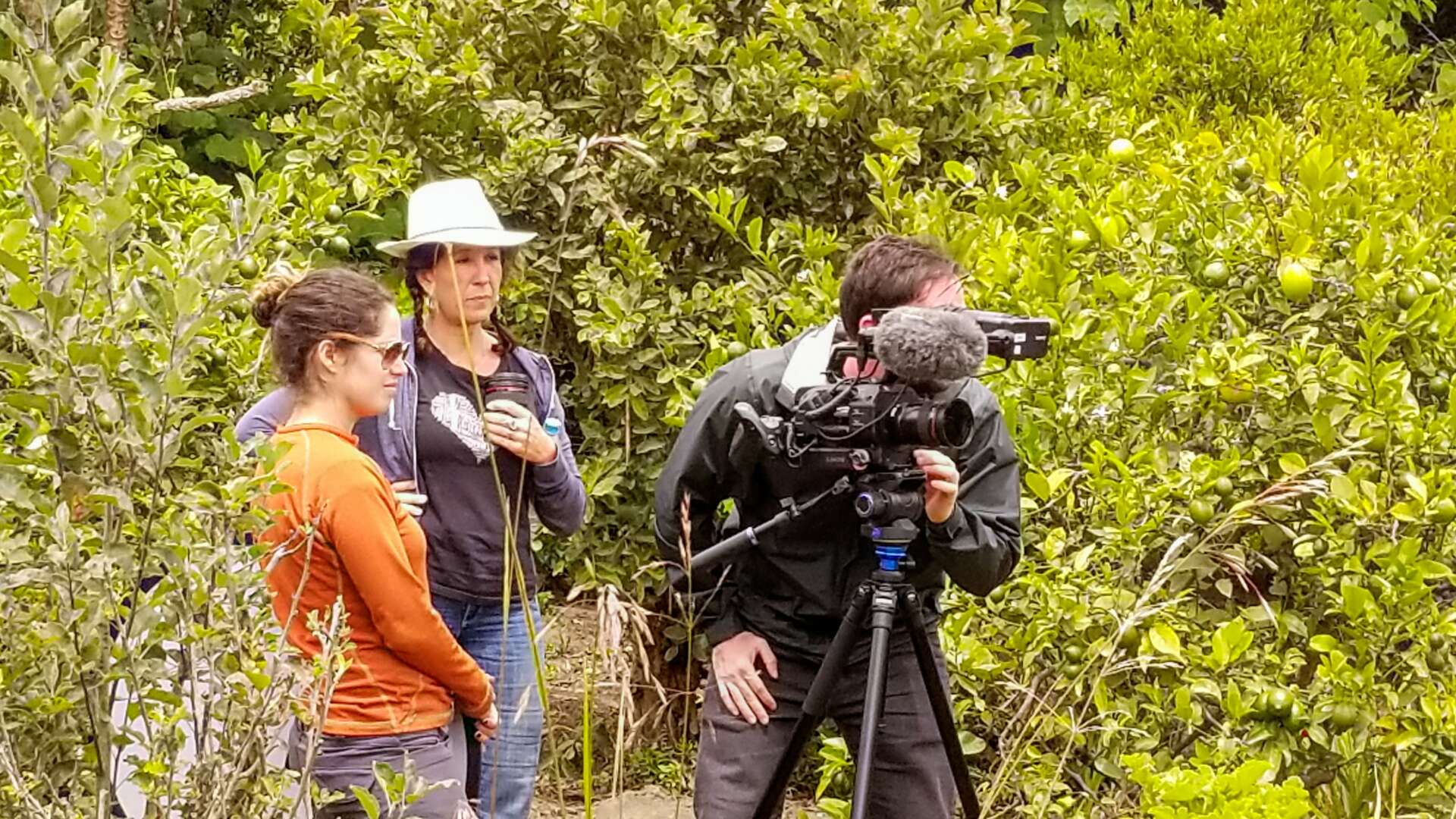
Melissa, before we move on to more of these sorts of questions, can you take some time to bring our readers up to speed on you and what you do?
I love what I do. Even when I am in the midst of challenges and nerve wracking frustrations, I can still say I love what I do. As long as I can say that even when it’s tough, then I give myself permission to keep doing what I am doing.
Before making movies for a living, I was in the music biz owning and operating my own live music venues and music production company. I did that for 15 years until I was completely burned out and decided to switch to film. I decided to start checking in with myself every year and ask “do I still love this?” as a way to make sure I don’t drive myself to burn out again in my current career. It’s been a bit over 20 years now, and I still love making movies.
I have some philosophies I use as guides to help allow me to keep loving what I do. Perhaps if I explain a few of them, it’ll explain who I am and how I think/ work.
1.) All problems are just orange cones. Some are small cones easy to remove and some may be so giant that you have to figure out how to maneuver around them but they are all just orange cones. Visualizing problems in this way keeps me calm and allows me to tackle anything thrown my way. I believe it is part of why I have a reputation as being a great problem solver who is always “laid back”.
2.) Be the driver of your bus. I imagine that I am driving a bus and all the passengers on it are the people in my life. The people in the front are those that are close to me in some way – family, best friends etc. Those in the center are casual friends and colleagues. The folks in the back are acquaintances and perhaps people whom I don’t want to loose track of entirely, but I also don’t wish to engage with them regularly. I try to never allow anyone on my bus that I may have to forcefully remove someday. There are times that I may slow to a stop and allow someone to get off the bus, but generally I do not kick anyone off my bus. Sometimes there are people in the front that may move towards the back for various reasons. This allows for new people to sit in the front. I never, ever allow anyone else to drive my bus. This metaphor is good for reminding me how I am responsible for whom I allow into my life and how I interact with them is up to me.
3.) Never accept a project unless it fulfills at least 1 of these 3 requirements. A.) Do I like the people attached to the project? B.) Do I like the script? Will I be proud to have my name on it? C.). Does it pay well? The #1 requirement is that I must like the people behind the project and #2 is believing in and liking the script. If those 2 requirements are met, then the money is entirely negotiable. I rarely accept a project solely based on it paying really well. I am happy to report that I accept less projects than I am offered and I am able to pick ones that meet the 1st 2 requirements and often all 3.
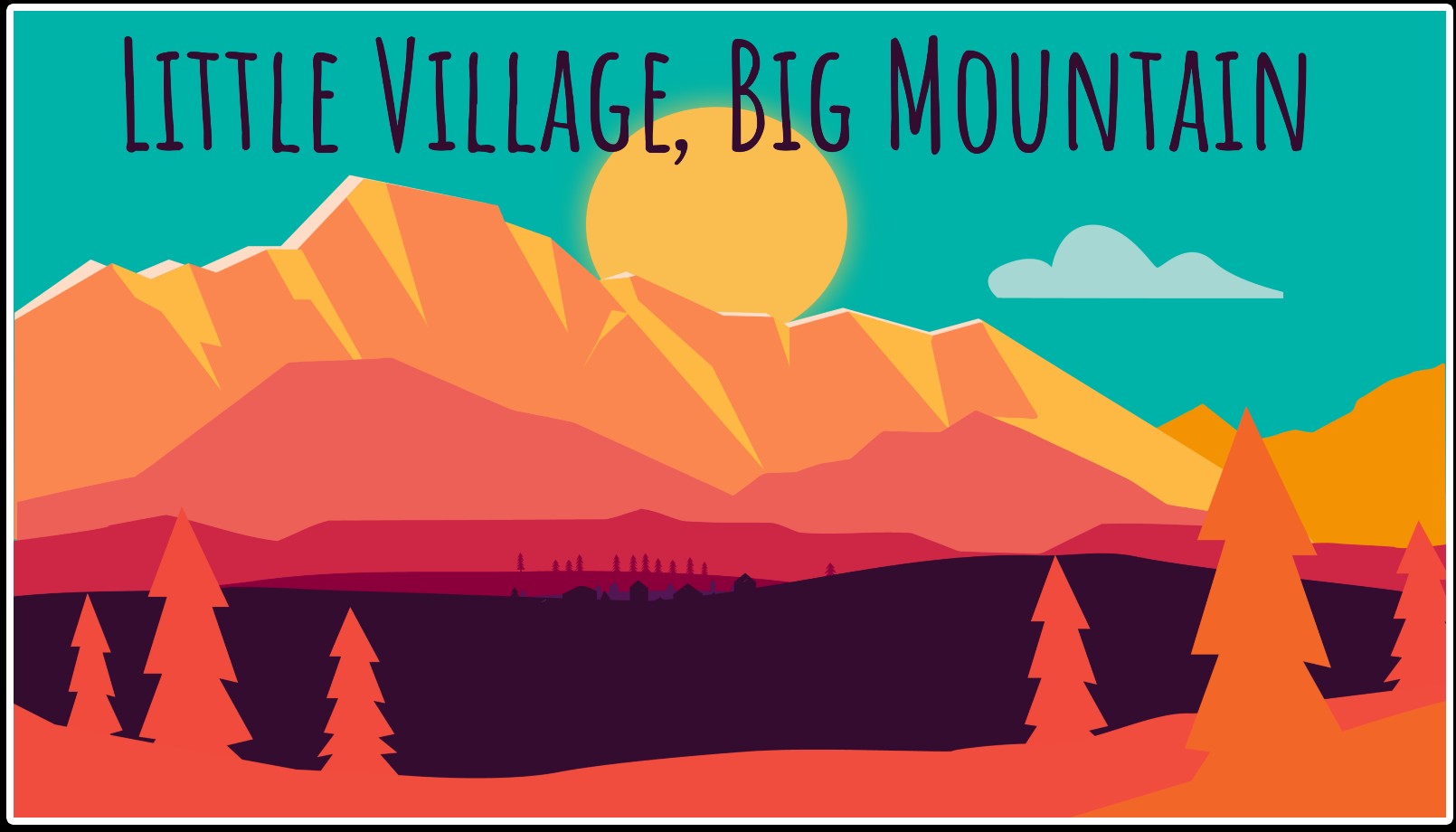
We’d love to hear a story of resilience from your journey.
In my opinion, anyone who chooses a career in the film industry must posses resilience and tenacity.
I have been called the Energizer Bunny more than once due to my ability to snap back after set backs. But probably one the hardest was early on in my career when I was a production coordinator on an indie no-budget film in Dallas, TX. I was green – doing a little fake it until I made it while enduring a line producer who was throwing me under the bus on a daily basis and also behaving in-appropriately towards me in a sexual way. It was awful. I cried every day on that shoot but I stuck it out as I was friends with the director and I did not want to leave him high and dry. Once the shoot was over, I knew I could handle anything thrown at me and I have. Nothing since then has ever been as hard as that. It weirdly gave me strength and confidence that allowed me to move upward in the ranks rather swiftly.
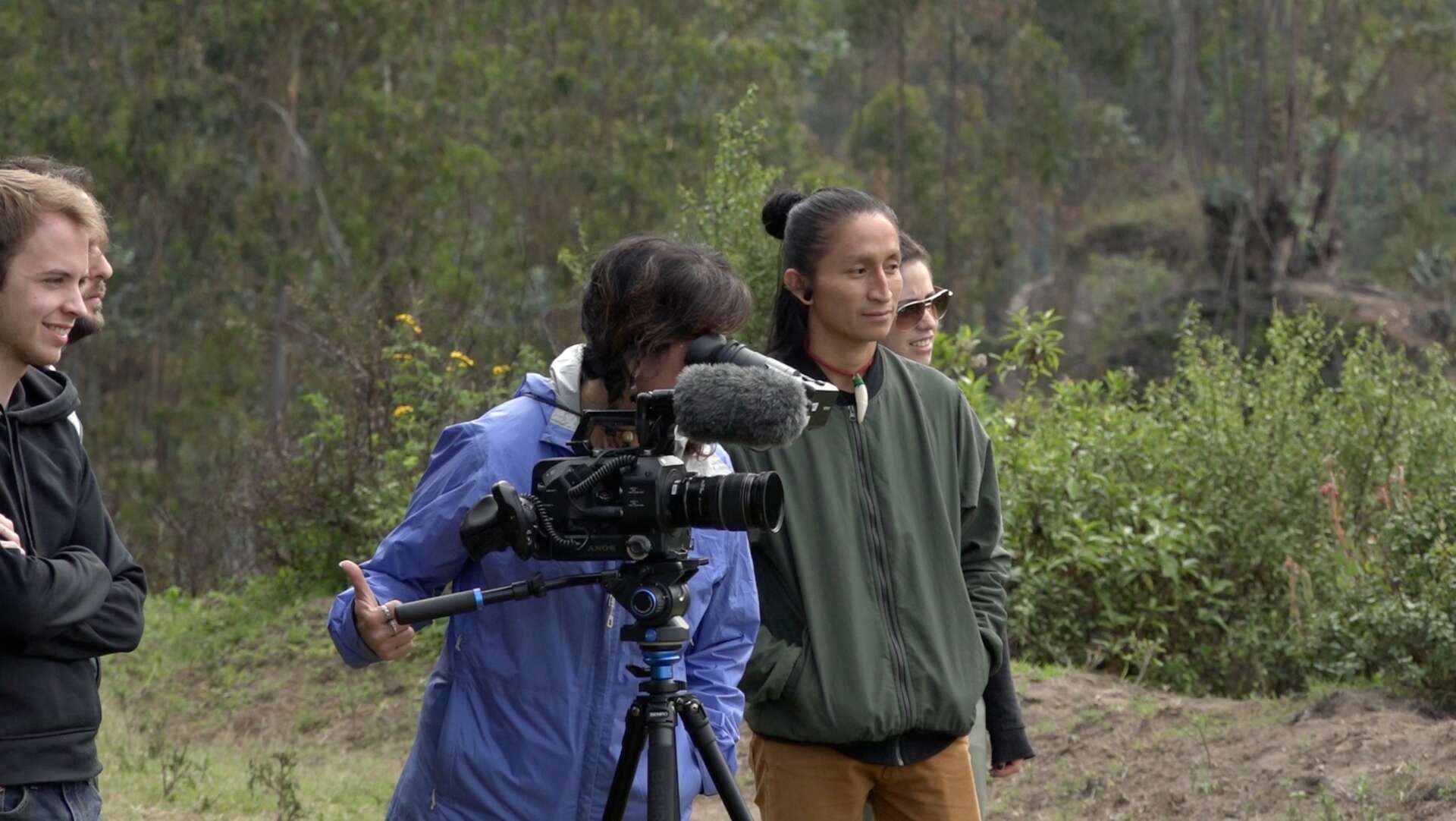
Can you tell us about a time you’ve had to pivot?
I entered the film industry doing craft services and catering as I had owned and operated a couple of successful restaurants that also did catering, so it seemed like a good way to get my foot in the door. I was very good at this, so after the 1st film, my phone started ringing for more of this type of work. I eagerly accepted but I knew I wanted to do something more so I started also doing locations which I was a natural at. But people kept calling me to do craft and catering. After a year of doing this, I decided to stop accepting craft and catering jobs no matter how poor I was. It was tough, but I hung in there and started getting more location management and eventually production coordinator jobs. I had to step and repeat this as I moved into production management, then to line producing and in recent years producing.
In my opinion, the film industry is an industry where you really can direct your career as you go, you just have to be prepared to get lean from time to time as you move from one position to the next. As long as you have skill, talent and drive the new direction you take your career will eventually work out.
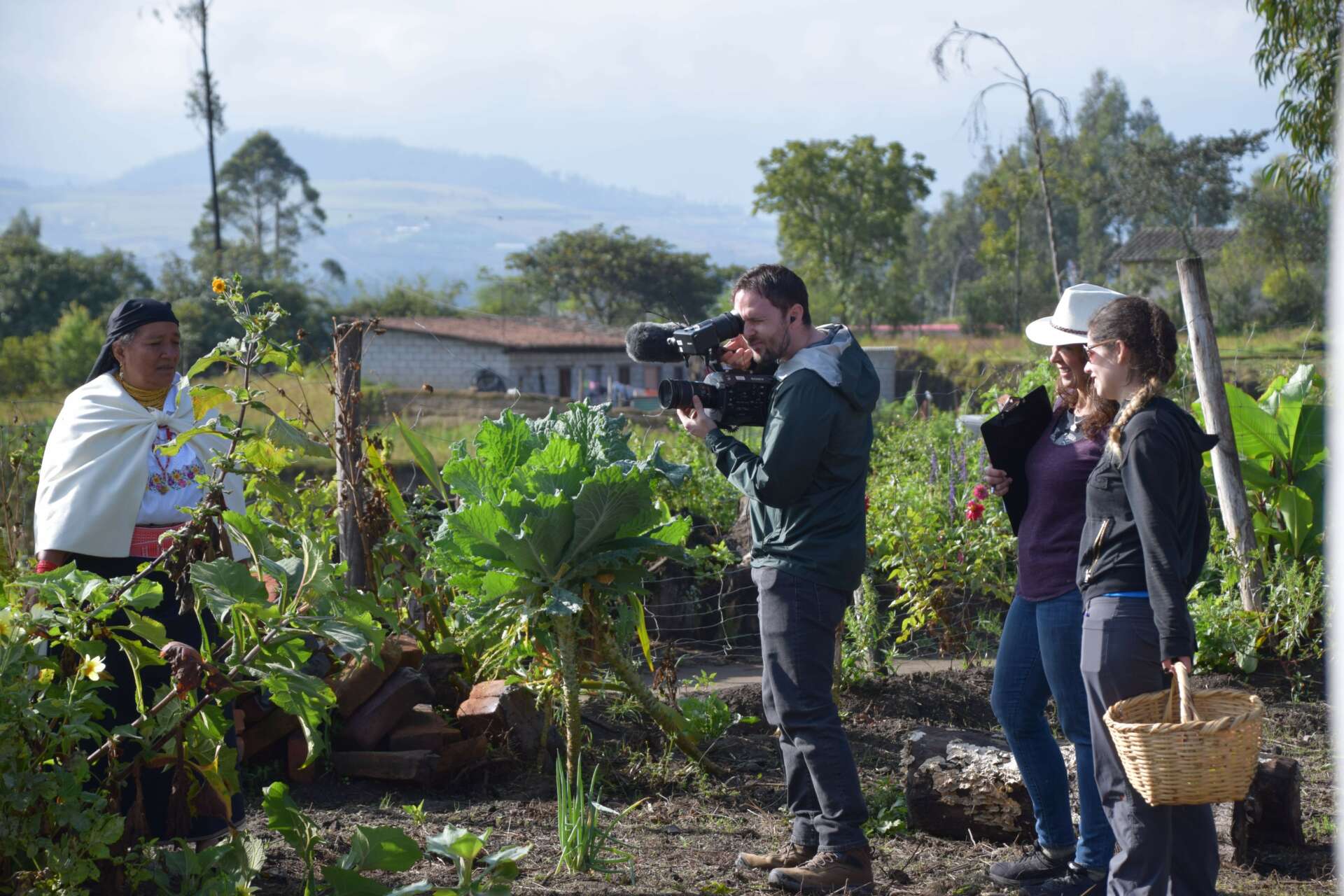
Contact Info:
- Website: https://www.littlevillagebigmountain.com/
- Instagram: @talesfromthemelissa
- Facebook: https://www.facebook.com/melissak.filmgirl
- Linkedin: linkedin.com/in/melissakirkendall-498aa526


